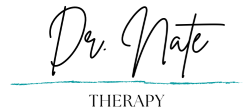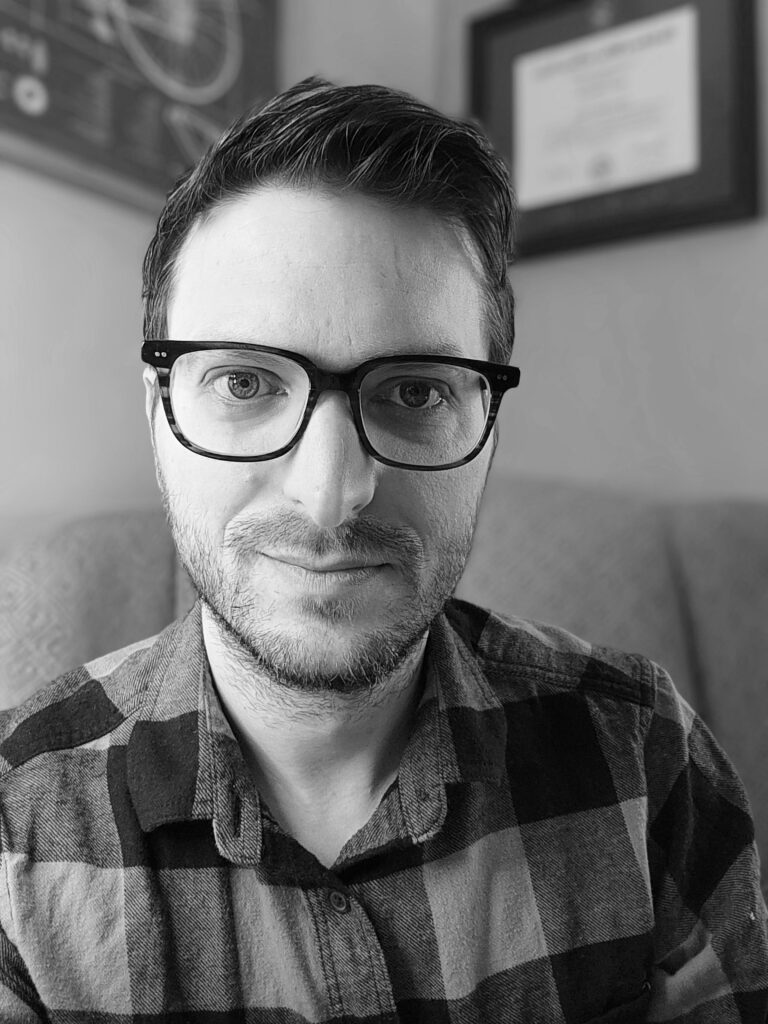Debunking the Myth: People with ADHD Just Need to Try Harder
If you have ADHD, you’ve probably heard it before: “You just need to try harder.” Maybe it came from a teacher, a boss, a family member—or even that critical inner voice that whispers when things feel overwhelming.
This myth is not just frustrating—it’s harmful. It fuels shame, self-doubt, and exhaustion in people with ADHD who are already working twice as hard just to keep up. The truth is, ADHD is not about a lack of effort. It’s about differences in how the brain functions—particularly in areas related to attention, motivation, and self-regulation.
Let’s break down why the “just try harder” mindset is not only inaccurate but also counterproductive, and what actually helps people with ADHD thrive.
The ADHD Brain Works Differently
ADHD is not a matter of laziness, lack of discipline, or willpower. It’s a neurodevelopmental condition that affects the way the brain processes information, regulates emotions, and prioritizes tasks.
One of the biggest challenges in ADHD is executive dysfunction—which means difficulties with planning, organization, impulse control, and time management. Imagine trying to run a marathon with a broken compass. It’s not about effort; it’s about having the right tools and guidance to navigate.
The brain’s dopamine system also plays a major role. Dopamine is a neurotransmitter linked to motivation, reward, and focus. People with ADHD often have lower levels of dopamine activity, making it harder to initiate and sustain effort, especially for tasks that feel tedious or uninteresting. It’s not that they don’t care—it’s that their brain isn’t providing the same “reward” signals that others experience naturally.
Why “Trying Harder” Backfires
People with ADHD are often trying harder than anyone realizes. They may use enormous amounts of mental energy just to complete everyday tasks, leading to burnout and frustration. Here’s why the “just try harder” approach is unhelpful:
✅ It Creates Unnecessary Shame When someone is struggling with ADHD and is told they just need to “try harder,” it suggests that their struggles are a personal failing. This can lead to feelings of guilt, low self-esteem, and anxiety. In reality, ADHD is not a character flaw—it’s a difference in brain wiring.
✅ It Ignores the Need for Support & Strategies Telling someone with ADHD to simply work harder is like telling someone with poor eyesight to “just see better.” Instead of demanding more effort, the focus should be on finding strategies that work with the ADHD brain—whether that’s using timers, external reminders, body doubling, medication, or therapy.
✅ It Leads to Burnout Many people with ADHD are chronic over-workers. They often push themselves beyond their limits in an effort to meet expectations, only to crash when exhaustion sets in. Sustainable strategies—not willpower—are the key to long-term success.
✅ It Overlooks Strengths & Alternative Paths People with ADHD are incredibly resourceful, creative, and adaptive when given the right environment. Instead of forcing themselves into a rigid mold, they often thrive when they can approach tasks in a way that aligns with their strengths—such as hands-on learning, structured flexibility, and passion-driven work.
What Actually Helps Instead of “Trying Harder”
So, if effort alone isn’t the answer, what is? The key is to work with the ADHD brain, not against it. Here are some strategies that make a real difference:
💡 Use External Supports
ADHD brains often struggle with internal motivation, so external tools can be a game-changer. Apps, planners, whiteboards, and alarms can help with time management and accountability. Even having an “accountability partner” can make tasks easier to tackle.
💡 Break Tasks into Smaller Steps
Many people with ADHD get overwhelmed by big projects. Breaking things down into tiny, manageable steps (with clear deadlines) can reduce procrastination and build momentum.
💡 Make Tasks More Engaging
ADHD brains thrive on interest and novelty. Turning boring tasks into a challenge, using music, or incorporating movement can help sustain focus. Gamifying work with small rewards can also boost motivation.
💡 Address Emotional Regulation
ADHD isn’t just about focus—it’s also tied to emotional regulation. When frustration, shame, or anxiety take over, it’s even harder to get things done. Learning self-compassion and mindfulness techniques can help manage emotions so they don’t become roadblocks.
💡 Consider Professional Support
ADHD coaching, therapy, and (for some) medication can be life-changing. Therapy can help with executive function skills, emotional regulation, and self-acceptance. Medication can improve dopamine regulation, making it easier to focus and complete tasks.
Reframing Success for ADHD Brains
Success for someone with ADHD might not look like the traditional “grind harder” model. And that’s okay. ADHD is often linked to strengths like creativity, problem-solving, spontaneity, and resilience.
The key is finding systems that work for you instead of trying to fit into a mold that was never designed for an ADHD brain in the first place.
🔹 Instead of forcing yourself into rigid productivity methods, experiment with tools that match your natural rhythms.
🔹 Instead of berating yourself for being “lazy,” recognize that your brain is wired differently—and that’s not a bad thing.
🔹 Instead of measuring success by how hard you push yourself, measure it by how well you are able to navigate challenges in a way that preserves your energy and well-being.
You Don’t Have to Prove Your Worth by Overworking
If you’ve been told your whole life that you just need to “try harder,” I want you to know:
➡️ You are not lazy.
➡️ You are not broken.
➡️ You are doing the best you can with the brain you have.
ADHD is not a lack of effort—it’s a difference in brain function that requires different approaches. And the good news? You don’t have to figure it out alone.
If you’re ready to explore ADHD-friendly strategies that actually work, I’d love to help. Click the ‘Book Online’ button to schedule a free consultation, and let’s find tools that work for your brain—not against it.
You deserve support, understanding, and a path forward that feels empowering, not exhausting. 💙

